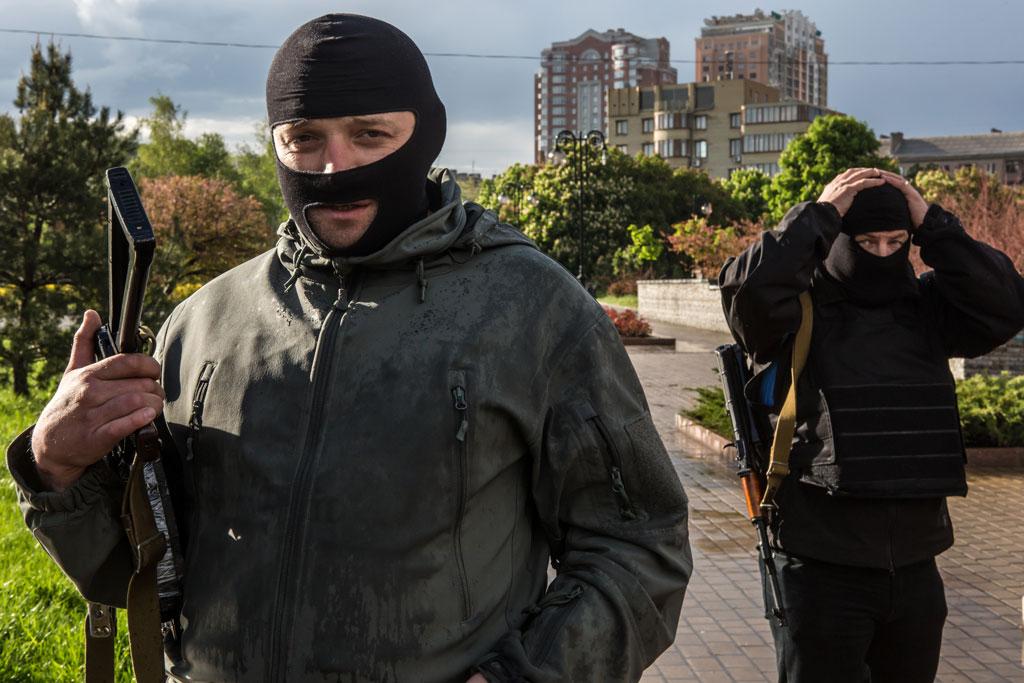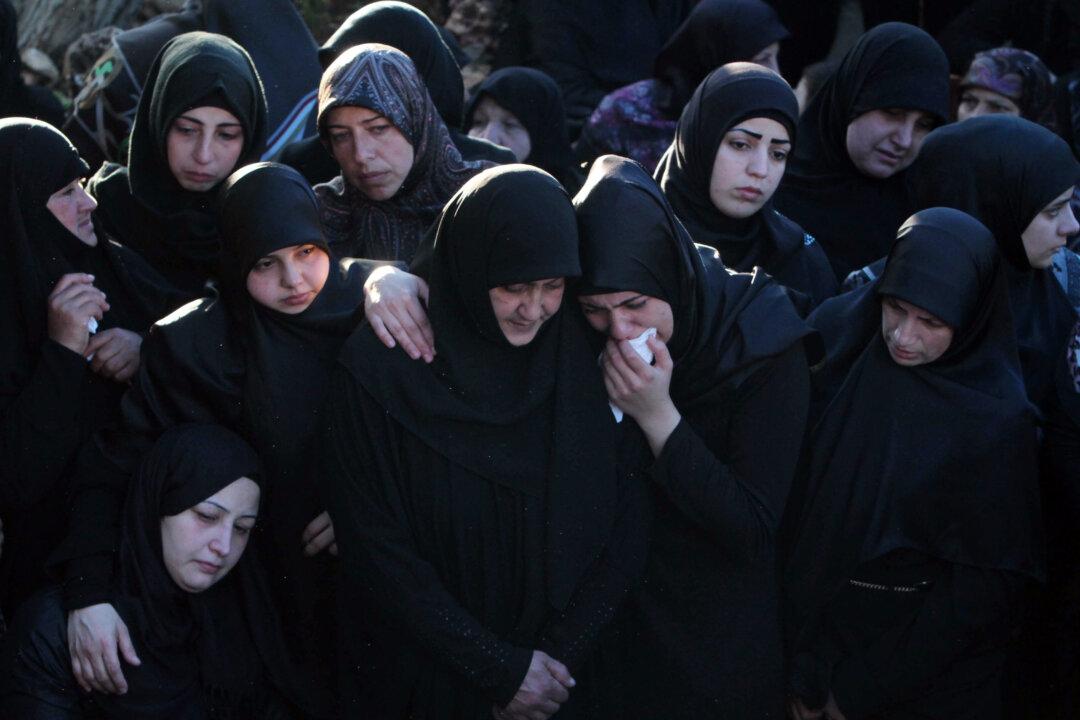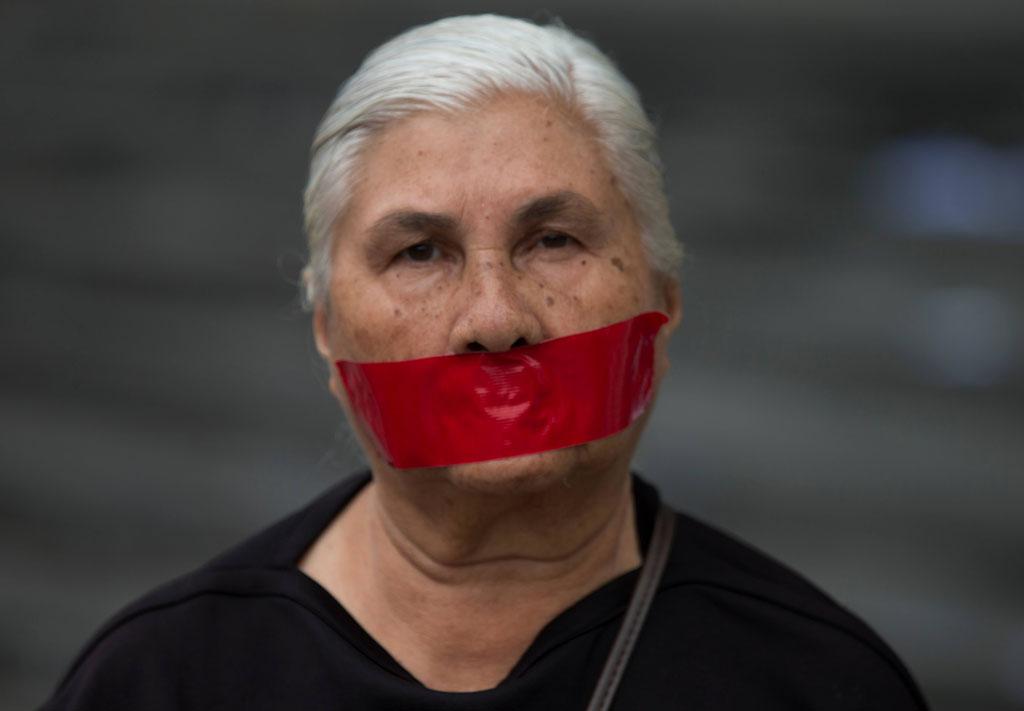Vladimir Putin has called for the postponement of the planned referendum in eastern Ukraine just four days before the vastly pro-Russian provinces were due to vote on secession. The Russian president also said he was pulling Russian troops back from the Ukrainian border and called for the Ukrainian authorities to cease all military actions against pro-Russian separatists.
Putin’s announcement has calmed tensions, for now. He appears to have changed his attitude to Ukraine’s scheduled presidential elections saying that they are a “step in the right direction” rather than a “sham” as previously. Russian stocks rose by 6% as investors took confidence that the crisis seems to be receding, at least for now.
But Russia’s annexation of Crimea and its ongoing intervention on behalf of ethnic Russians in eastern Ukraine has singlehandedly returned irredentism to the international agenda. Irredentism – the attempt by states to regain lost territories and retrieve stranded co-nationals – is a particularly malignant form of conflict since it destabilises regional and international security by drawing in a number of states, it is often accompanied by ethnic cleansing, and such conflicts are notoriously resistant to resolution in view of the number of parties with separate geopolitical interests.
For these reasons, irredentism is a rare form of conflict. My recent research highlights that since the end of the Cold War, 63 major secessionist conflicts occurred across the globe and yet only five of these are irredentist. Homeland states are reticent to embark on such crusades. In the decades after the break-up of the Soviet Union, Russia largely follows this model. Despite the existence of an estimated 25m ethnic Russians beached in Soviet successor states, Russia has rarely looked like pursuing irredentism.
While Russia’s actions in Ukraine appear as an outlier to contemporary patterns of global conflict, irredentist politics are far from over and the threat may be increasing, even within Europe. In recent years, political leaders in some European Union member and applicant states have advanced statements and policies in relation to their neighbouring co-nationals which are perceived as threats to the territorial sovereignty of neighbouring states.
For example, in 2012 the then Albanian president, Sali Berisha, spoke of Albanian unity with Kosovo and of how parts of Greece and Macedonia are “Albanian lands”. Hungarian leader, Viktor Orban, has outlined “the process of national reunification”, a reference to those millions of “Hungarians beyond the borders” in Slovakia and Romania. Hungary’s radical nationalist party Jobbik promises to restore a Greater Hungary across the Carpathian basin. In November 2013, Romania’s president, Traian Băsescu, stated, “I am convinced that if Moldova wants to unite [with Romania], then Romania will accept.”
Europe and Homeland States
It’s highly unlikely that Albania, Hungary or Romania will seek to retrieve their kin via violence, but it is significant that the homeland state question continues to fester within Europe. Given that a major factor in starting World War II was Nazi Germany’s attempt to resolve the so-called “Sudeten Question” by retrieving German co-nationals in Czechoslovakia, the post-war project of European unity advanced by making the peaceful resolution of irredentist disputes a central concern.
European integration deals with irredentism by combining respect for territorial sovereignty, minority rights provision and by allowing homelands to build institutional links with their neighbouring co-nationals. Europe can point to a post-war record of success in ending irredentist disputes. Longstanding territorial disputes, such as South Tyrol-Trentino and Northern Ireland, were resolved by guaranteeing the existing territorial status quo and by allowing the respective homeland states – Austria and the Republic of Ireland – to forge crossborder links with their co-nationals.
Post-war Western Europe’s capacity to end irredentist disputes led to European integration becoming a model for states at the eastern borders of the European Union, many of which had a history of irredentist disputes. In order to join the EU, aspirant member states are required, as a precondition, to resolve territorial disputes with neighbours and to adopt robust rights protection for national minorities.
The EU model is not so readily transferable to Central and Eastern Europe. State and nation rarely coincides within a bounded territory in former communist countries. The dissolution of the Soviet Union, Yugoslavia and Czechoslovakia left 28 states in Central and Eastern Europe, 22 of which contained national minorities comprising more than 10% of the population.
There are around 1.5m ethnic Albanians in Kosovo, Macedonia and Greece, 1.8m ethnic Romanians in Moldova and Ukraine and around 2m ethnic Hungarians in Romania, Slovakia and Serbia. Because these minorities often maintain strong links with their homelands, their host states fret that they are fifth columnists seeking the state’s break-up. These host states respond by limiting cross-border links between minorities and their homelands.
Time to Rethink Borders?
Russia’s irredentism in Ukraine is particularly ominous in the context of Central and Eastern Europe. Persistent interstate tensions over territory and ethnicity in the region could be exacerbated by Russia’s model of revising borders. Such interventionist behaviour creates regional insecurity over existing borders and places national minorities under the increasing scrutiny of host states. Equally problematic, internal problems within the EU may weaken its influence over states at Europe’s eastern edges.
The explosive potential of crossborder national minorities requires novel thinking to ensure that disputes are peacefully solved. While many host states fear the potentially malevolent influence of neighbouring homeland states over their co-nations, it may be time to start fostering more crossborder links between homelands and co-nationals.
John Nagle does not work for, consult to, own shares in or receive funding from any company or organisation that would benefit from this article, and has no relevant affiliations. This article was originally published on The Conversation. Read the original article.


